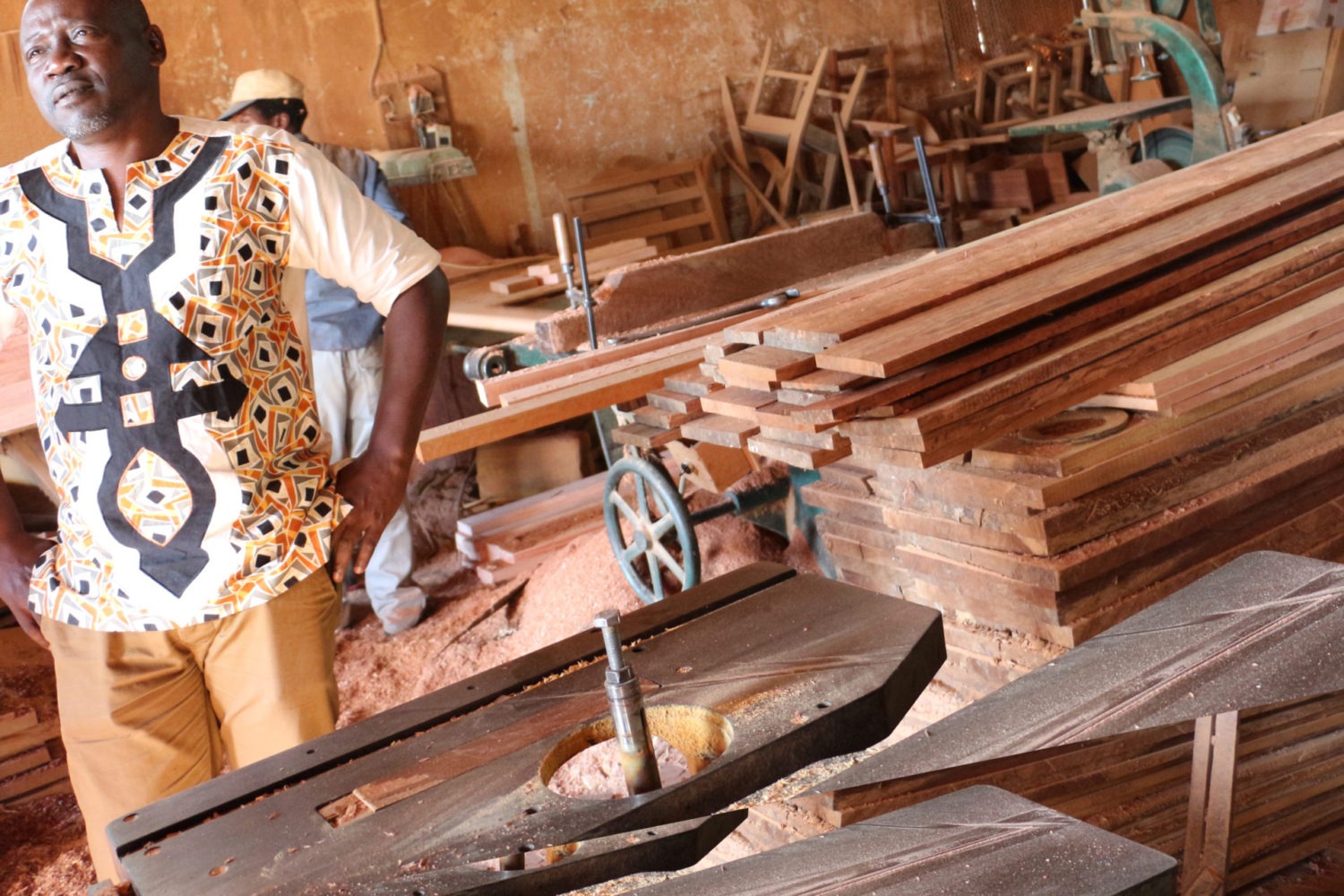Tide Africa is a fund set up to support the development of innovative African start-ups. Thanks to new technologies, these start-ups will improve access for populations to essential services in Sub-Saharan Africa. Proparco has been supporting the fund since its first closing to allow it to meet the financing needs of African start-ups.
CLIENT PRESENTATION
TLcom TIDE Africa Fund is a fund dedicated to supporting innovative African start-ups whose economic model focuses on the use of a digital technology and meets a traditional market need to access a basic service (food security, energy, health, education, financial services, and everyday consumption).
PROJECT DESCRIPTION
The conviction behind the TIDE project is that mobile phones and digital applications are new drivers for growth and development in Africa and that they can be used to provide access to essential services for populations.
TIDE will support a dozen or so companies that are less than 5 years old and have moved past the idea (prototyping) and creation (market test) stages in order to finance their growth and scaling up; there will be several financing rounds with total financing needs ranging between €500k and €10m.
Proparco’s investment has allowed the fund to complete its first financing round for €40m, with investors including EIB, AfDB and First Bank of Nigeria.
PROJECT IMPACT
The main expected impacts of the project on development are:
– The diversification of capital markets, as the sources of financing of financing for start-ups are still practically non-existent in the area,
– The diversification of capital allocation, as the services offered by the companies supported will integrate peri-urban and rural areas,
– Social and societal impacts, by opening up access (financial and geographical) to certain essential services via the use of mobile phones,
– Training (structuring of a venture capital industry, advice to start-uppers, student mentorship on innovation subjects and entrepreneurship).
The project will thereby contribute to SDGs N° 8 (Decent work and economic growth), N° 10 (Reduced inequalities) and N° 9 (Innovation, industry and infrastructure).

